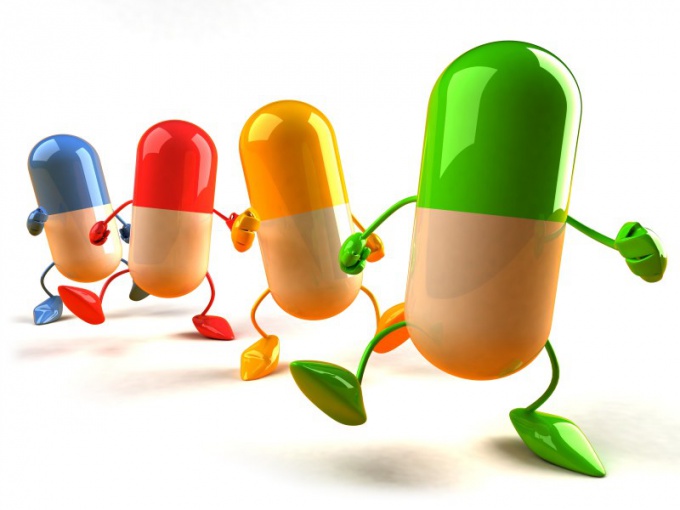In General, the b vitamins are aimed at ensuring the normal functioning of the nervous system. Greater efficiency provides simultaneous reception of all group members, and they exist in natural sources, usually all together.
Vitamin B1 (also called thiamine) affects the mental abilities, the nervous system and significantly reduces the tooth pain. The lack of thiamine leads to memory loss and confusion. This element is present in legumes and cereals and rice (its maximum concentration in the husk).
Riboflavin (vitamin B2) takes part in processes related to metabolism, affects the skin and mucous membranes, and is essential for vision. Sources of Riboflavin: liver, dairy products, meat and nuts. A deficiency of vitamin B2 is expressed in increased fatigue.
Niacin or vitamin B3 is essential for the biosynthesis of hormones, synthesis of fats and proteins. Besides, it is extremely important for normal neural and physical health.
Sources of vitamin B4 or choline: beef offal and eggs. This element is involved in the transportation of fats and metabolic processes in the liver and also improves memory.
Vitamin B5 (the second name – Pantothenic acid) is involved in the breakdown of fats and protects the mucous membranes from infections. The lack of this element contributes to weight gain, and in the fingers there is a mild tingling sensation. Vitamin B5 is present in almost all foods.
In the synthesis of the "happiness hormone" involved in vitamin B6. In addition, this element is responsible for good healthy sleep, mood and appetite is good. Vitamin B6 is found in protein products.
Biotin or vitamin B7 is present in dark green vegetables, eggs, peanuts and liver. He is involved in the release of energy from entering the body of calories.
Inositol (vitamin B8) is produced directly by the body. This element is responsible for the condition of the skin and healthy sleep and helps to restore the structure of the nervous tissue.
Folic acid or vitamin B9 is involved in the formation of nucleic acids and cell division, and it is also required for the synthesis of red blood cells and fetal development. To obtain this item, enriching your diet liver, dairy products, dark green vegetables, meat and legumes.
Vitamin B10 (it is also called para-aminobenzoic acid) is present in milk, brewer's yeast, potatoes and eggs. It is necessary for the synthesis of red blood cells.
L-carnitine is the second name of vitamin B11. This element affects energy metabolism and is also essential for normal functioning of muscles, heart, brain and kidneys.
Cobalamin or vitamin B12 is not synthesized neither by plants nor animals: this element producing microorganisms. The lack of the element leads to depression, multiple sclerosis and confusion.
Vitamin B17 is a tool for reducing growth of cancer cells and stopping the spread of metastasis. This item is in the kernels of cherry and apricot.
The deficiency of b vitamins In reflected primarily in the condition of the nervous system. Therefore, any failure in this system – a sign that you need to pass an examination at the medical center and to balance your diet.
